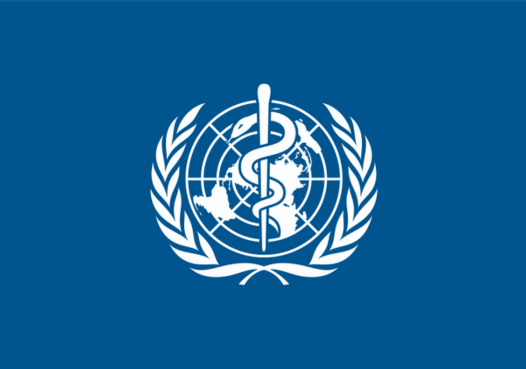ACI EUROPE urges governments to adhere to WHO guidance and reject blanket travel bans

Airport body points to global vaccination inequality and calls for wider and fairer access to vaccines to halt ‘rebound’ effect of COVID-19 variants
Brussels: Airport trade body ACI EUROPE has today given its strongest support to the World Health Organisation’s call for a calm and measured response to the Omicron variant, and urged governments to react accordingly. Specifically, in its updated COVID-19 Travel Advice released yesterday, the WHO states:
- Countries should continue to apply an evidence-informed and risk-based approach when implementing travel measures
- Blanket travel bans will not prevent the international spread, and they place a heavy burden on lives and livelihoods
Europe’s airports are at the front line of a country’s travel policy. They have seen first-hand the dramatic and disproportionate impact of travel bans and other extreme travel restrictions - specifically quarantines - which have little effect upon the epidemiological situation. The WHO’s unequivocal guidance to countries not to knee-jerk into travel bans is extremely welcome.
The updated advice comes as ACI EUROPE welcomed the European Commission’s new travel regime proposals issued last week, which place the emphasis on a travellers’ health status rather than their country of departure. Societal and economic damage ensues when extreme travel restrictions such as those recently imposed by some countries override the lessons learned through the pandemic to date.
Olivier Jankovec, Director General of ACI EUROPE, said today, “We know beyond any doubt from the experience gained over these past 20 months that blanket travel bans and quarantines are not effective in preventing the spread of new variants. While they have no impact on the epidemiological situation, they do have dramatic consequences upon livelihoods. We urge all countries to follow the WHO advice and make sure they follow evidence-informed and risk-based approaches when reviewing their travel regimes, as part of precautionary measures in relation to the Omicron variant. In particular, targeted pre-departure testing should be preferred over travel bans and quarantines. Effective coordination and alignment at EU level involving all EEA countries, Switzerland and also the UK is a must”.
ACI EUROPE also pointed to the urgency of achieving greater rollout of vaccinations not just in Europe but globally.
Jankovec commented: ‘It would be difficult not to link the emergence and spread of the Omicron variant with the current situation of global vaccination inequity – which painfully proves the point that “nobody is safe until everybody is safe” as repeatedly said by EC President von der Leyen. But that means the EU and other European countries must do much more to ensure COVAX gets vaccines swiftly to low income countries. This could also potentially require the EU to align with the US with a view to wave patents and other intellectual property rights on COVID-19 vaccines and treatments. Securing wider and fairer access to vaccination and therapeutics across the World is an absolute prerequisite to effectively mitigate the risk of other variants of concern emerging. The aviation and travel and tourism sectors are the most directly exposed to rebounds in the COVID-19 pandemic. We just can’t go on like that”.

